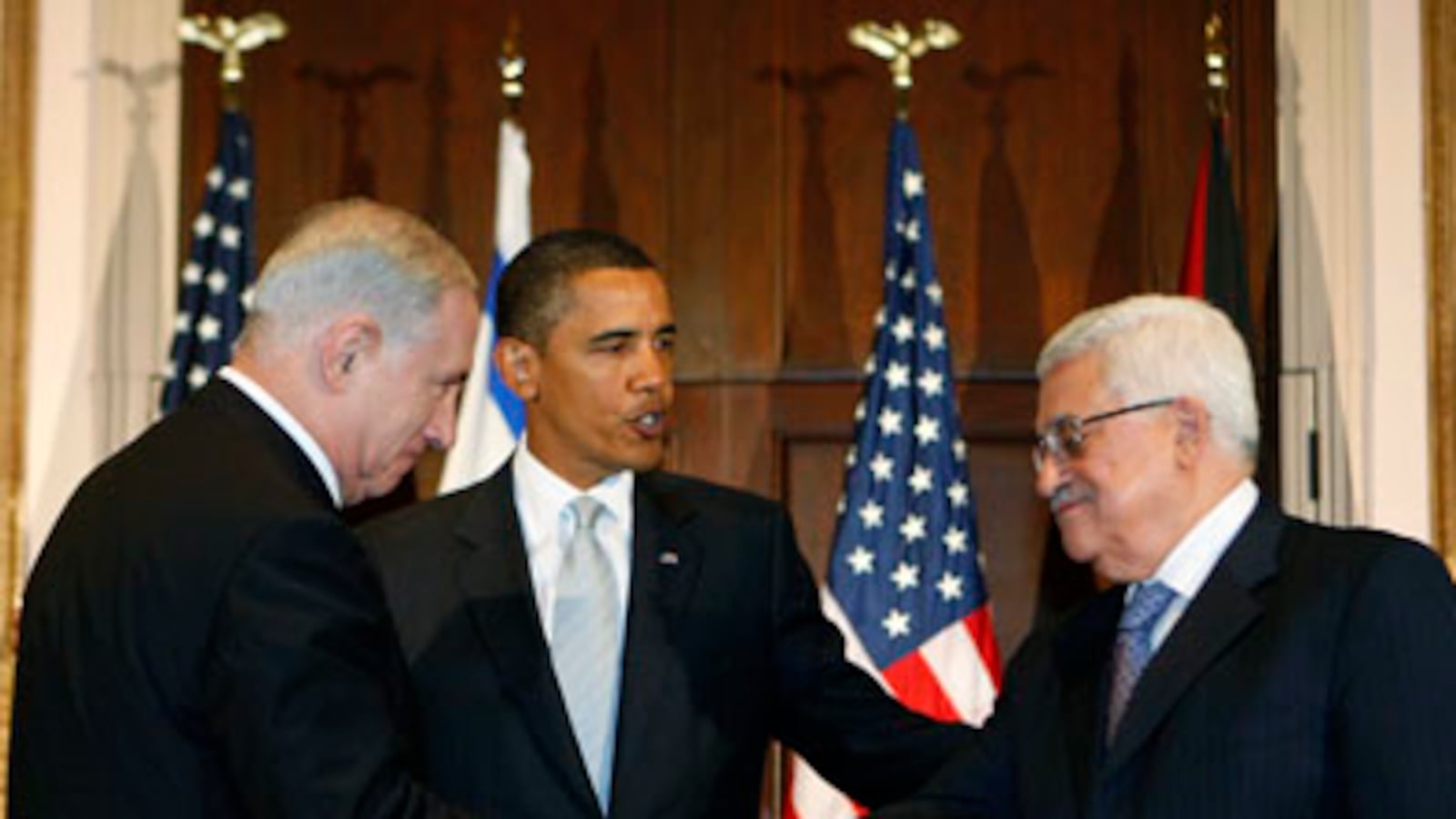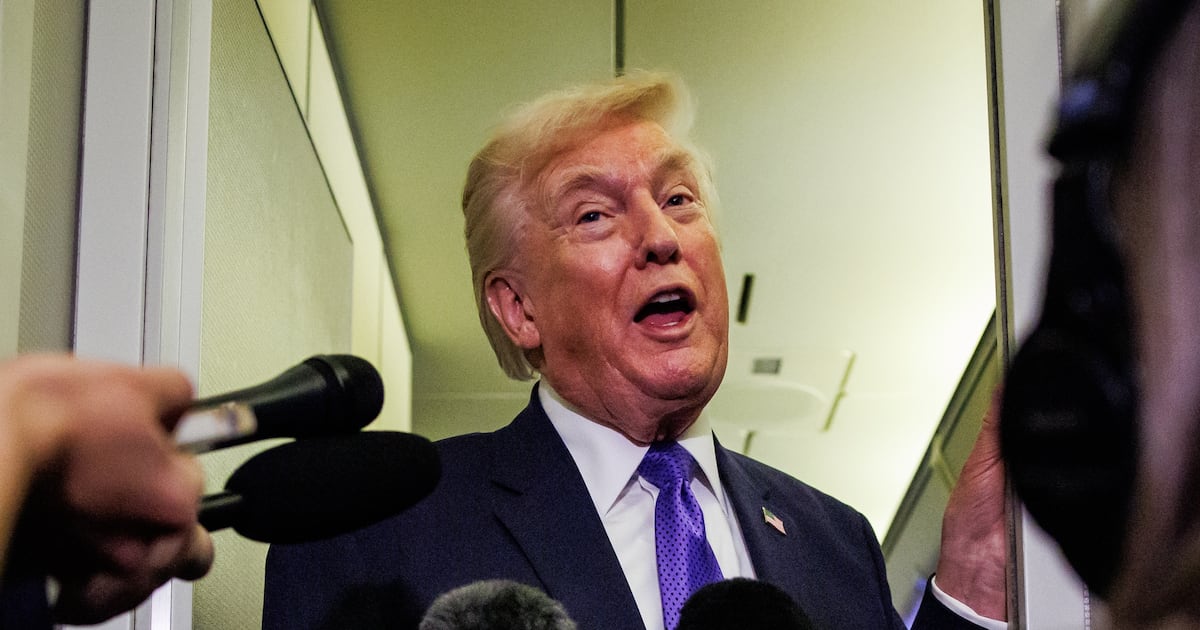Israeli Prime Minister Benjamin Netanyahu has long been, for many, both a convenient target and a caricature. He is held up as the representative of all that is wrong with Israeli policy: intransigence, arrogance, occupation. There are many reasons to criticize his tenure. He continues the settlement enterprise with gusto; he believes he can only survive politically by playing to what he thinks is his base (haredim, settlers, secular nationalists); he made one semi-serious effort for peace (the 10 month highly qualified settlement “freeze”) but since then has made no real effort to offer incentives to Mahmoud Abbas; he tolerates bigots and belligerents in his party and government.
But perhaps the time has come to recognize that while Bibi isn’t Abba Eban, Moshe Sharett, Ehud Barak, or the reimagined version of Ehud Olmert, neither is he Menachem Begin, Yitzhak Shamir, or Naftali Bennett.

As the linchpin for progress on the peace front right now—no proposal, no matter how creative and different, will go anywhere without him—the good news is that, as a pragmatist and opportunist, Bibi seems willing to play the role of facilitator, however reluctantly. He may not be willing to sign on to a final peace agreement that includes withdrawal from all of the West Bank, but he seems open to managing a genuine process leading to that outcome. (The end stages will have to come under different leadership in Israel, and probably also in Palestine.)
If it seems counter-intuitive to think working with Bibi is the way to go, compare what he’s done and said in his third term to his first two terms. His language on Palestinians, Palestine, and peace negotiations has changed dramatically. In his first term he indicated he’d do whatever he could to prevent a Palestinian state; in his second term he started off recognizing “two states for two peoples,” focusing most of the rest of his time on “economic peace”; in his third term, he’s repeatedly said—in contrast to statements by others in his government and in his party—that he’s committed to a Palestinian state. He still puts most of the onus on the Palestinians, but he doesn’t close the door to genuine movement anymore.
His actions are equally important. He still thinks Israel is a nation that dwells alone, and remains suspicious of the outside world. But he’s less interested in always confronting it and more willing to work with it. What were once public and hostile confrontations with the U.S. over settlements and Iran have become quiet, almost (but not quite) friendly disagreements. Where in the past he’s been reluctant to put his trust in regional states, today’s he’s prepared to work with Turkey, despite his misgivings. Compared to his previous inability to consider the consequences of policies regarding sensitive areas, today he tries to manage armed conflicts and avoid full-scale wars.
The only way to get real traction on the peace process is to recognize reality, and not complain about what we wish could happen. That includes recognizing Bibi is the prime minister right now, and working within those constraints. It also entails understanding that while he may be willing to facilitate two states, he won’t leap at the opportunity without being prompted and pushed.
In Israel that means building up a grassroots, organized leftist opposition that is sustainable and able to seriously challenge the right’s dominance in politics. In the United States that means constructing a set of firm incentives and disincentives. Both are difficult to do, but not impossible. In Israel there are several existing and newly-established NGOs, research institutions, and movements that can be utilized toward broader political mobilization. In the U.S. Barack Obama is a second term president who has built up some political capital both within the pro-Israel Jewish community and in Israel.
To repeat, progress won’t come easily. Bibi’s no dove. But if advocates for peace and for two states prefer to spend their energy wishing Bibi wasn’t in charge, or hoping for others to come to power on their own, they’ll be waiting a long time.





